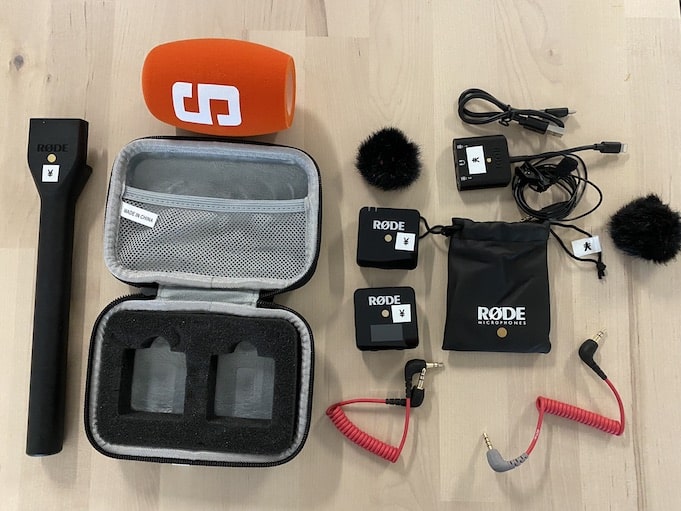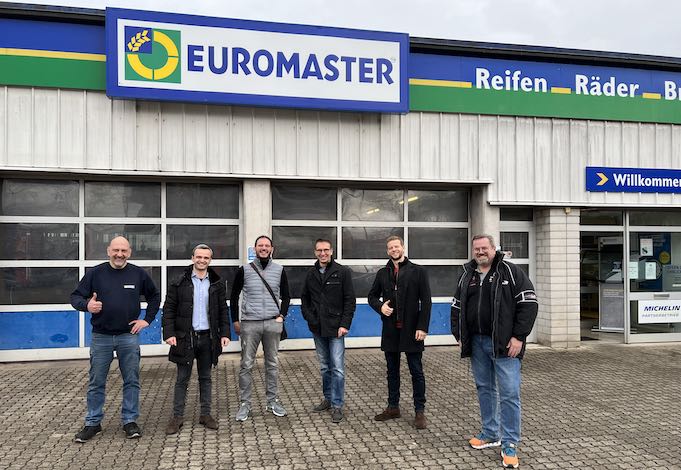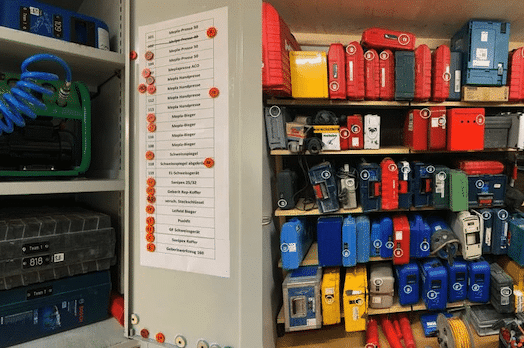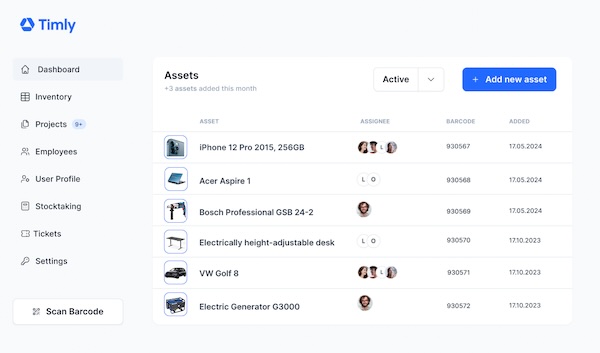Health and Safety Documentation: What You Need to Know
In this article:
- Health and safety documentation for compliance and workplace safety
- Implications of the UK Health and Safety at Work etc Act 1974
- Employer health and safety responsibilities and duties
- Prioritising staff well-being in your everyday operations
- How innovative software can help
- Timly in the real world: Three case studies
- Enhancing workplace safety documentation with Timly

Optimise your health and safety documentation with Timly
Health and safety documentation for compliance and workplace safety
In the United Kingdom, any business with more than five employees carries with it a pressing responsibility: maintaining thorough and accurate health and safety documentation. This is not merely a box to tick – it’s a crucial step in ensuring the protection and well-being of every individual within the workspace. The British legal framework stipulates a need for a written health and safety policy, comprehensive risk assessments, and more. These documents are not just bureaucratic necessities – they are the backbone of a safe workplace, ensuring every potential risk is identified and addressed.
But with these essential obligations comes a challenge: how to manage these documents properly? Traditionally, businesses have grappled with cumbersome paper trails or disjointed digital files. However, in our increasingly digital age, there’s a growing need for more streamlined solutions.
Enter platforms like Timly – a cloud-based tool exemplifies the shift towards digital management of health and safety documentation. Rather than drowning in paperwork or losing track of important files on a computer, tools like Timly offer a centralised space where everything can be accessed with ease. This doesn’t just reduce to a minimum the administrative burden—it ensures that when these documents are needed, they’re readily available, helping businesses remain compliant and employees stay safe.
Implications of the Health and Safety at Work etc Act 1974
Ensuring workplace safety and health in the UK is governed by a robust legal framework. This places a fundamental emphasis on the well-being of employees and others affected by work activities. The key regulatory authority responsible for overseeing workplace safety and health in the UK is the Health and Safety Executive (HSE).
At the heart of the UK’s health and safety regulations is the Health and Safety at Work etc. Act 1974 (HSWA). While employees bear a responsibility to maintain their own safety and that of their colleagues, the HSWA crucially mandates employers to uphold the health, safety, and welfare of both their workforce and the wider public.
– Developing a comprehensive health and safety policy that outlines your general approach to managing health and safety within your organisation. This policy should specify roles, responsibilities, and procedures.
– Ensuring that individuals in your organisation with specific health and safety responsibilities are identified, along with their roles.
– Detailing practical arrangements for health and safety, such as risk assessments, employee training, and the use of safety equipment and signage.
Maintaining health and safety documentation is contingent upon fulfilling these prerequisites. These records must be tailored to the specific conditions within your organisation and kept current. It is essential that both employees and safety professionals have unfettered access to the information required to ensure workplace safety.
Over 600 Companies, Schools and Cities Rely on Timly
Employer health and safety responsibilities and duties
As mentioned above, in the UK, employers have a legal duty to ensure the health and safety of their employees and anyone who visits their premises, including customers and the wider public. The broad spectrum of responsibilities ranges from risk assessments to specific measures for dealing with different hazards. Employers must:
1. Ensure the workplace is safe and free from health risks. This responsibility means taking care of the slightest details, such as having adequate first aid capabilities.
2. Carry out risk assessments to identify health and safety hazards. A competent individual should oversee these assessments.
3. For businesses with five or more employees, keep a formal record of the assessment findings and provide a health and safety policy.
4. Provide adequate training and information to employees about potential hazards, and offer without charge appropriate protective equipment.
5. Report specific incidents, including work-related deaths, major injuries, diseases, and near misses.
For further information on the types of reportable incidents and how to file a report, see the RIDDOR guidelines – Reporting of Injuries, Diseases and Dangerous Occurrences Regulations 2013.
Prioritising staff well-being in your everyday operations
All this requires a clear, company-wide approach. Following guidelines, like the Safety Pyramid, means we start with training and ongoing education for employees.
However, handling all the parts of workplace safety, from employee qualifications to equipment checks and risk assessments, can get complicated. On top of that, we need to make sure everyone has the right information while also protecting our business data.
Simple solutions, like using an Excel sheet or systems that don’t work well together, just won’t cut it. What’s really needed is a complete tracking system that handles equipment upkeep and also keeps track of staff training and qualifications.
Asset Management Software in Use by Our Customers
The Timly software is continuously evolving to meet the needs of our customers. In various success stories, we show you how Timly optimizes processes in companies, thereby saving significant effort. With Timly, inventory management becomes child’s play.

Optimized Device Management With Innovative Self-Inventory
SodaStream is the world market leader for water sparkling systems for domestic use and has a lot of IT equipment at its various locations. Many colleagues now work from their home offices. A digital solution for the efficient management of IT end devices became necessary...

Panasonic x Timly: Driving Technological Innovation
One of the most remarkable aspects of human ingenuity is our ability to innovate. Innovation is embedded in the DNA of consumer electronics giant Panasonic, which has diversified into a number of sectors, from heavy industry to construction...

Manage Video Equipment Efficiently Without Much Effort
The Hamburg media company always does outstanding journalistic work and is characterized by independent reporting. In order to maintain journalistic quality, the teams work with highly specialized devices – these need to be managed efficiently...

Smart City Asset Management – Timly in Use at DIGOOH
The core business of DIGOOH Media GmbH in Cologne is to manage digital city light posters (DCLP) for outdoor use in various cities in Germany. The challenge here lies in making the client’s communication message always available at the right time, in the right place...
(No credit card required)
How innovative software can help
This is where the Timly 360° solution comes into play. Accessible from the office desktop or any mobile device connected to the internet, Timly operates seamlessly in the cloud. Our dedication to data security is unwavering, which is why we only use European servers that strictly adhere to and guarantee GDPR standards.
But there’s more to Timly than meets the eye. It allows businesses to connect all the dots. For example, for your health and safety purposes, you can create detailed profiles for each member of staff, recording their qualifications, certifications, and training. This means supervisors can, with just a few clicks, determine if an individual is prepared for a specific role or if they’re certified to use certain equipment.
You can link these to specific tools and machinery. Before any member of staff uses a piece of equipment, they can see its maintenance status and read any safety guidelines or user manuals, which you can attach to the asset’s record. And if an employee using a piece of equipment needs to report any defects or malfunction, they can do this straightforward and directly in Timly, with the option to add photographic or other evidence as needed.
Timly’s integrated maintenance planner ensures that upkeep isn’t overlooked and that the persons in charge are notified well before a deadline is looming.
In short, Timly is more than just an app – it’s a step forward in streamlined and informed workplace management, including all your health and safety documentation needs.
Timly in the real world: Three case studies
Timly is employed by numerous companies and government agencies of varying sizes. The specific use of the software solution is tailored to meet individual requirements.
Euromaster, a tire and automotive service provider, utilizes Timly to coordinate maintenance and safety inspections at its over 300 branches. Another application includes the comprehensive management of digital equipment records.
Logistics service provider Fiege uses Timly for building and maintenance management at its Swiss branches. This includes the tracking of conventional work equipment, fire alarm systems, and first aid supplies, ensuring effective compliance with maintenance and safety inspections.
Hauser, a specialist in refrigeration system construction, also employs Timly’s digital personnel records to centrally manage the training and certificates of its 1000+ employees. This ensures that adequately qualified personnel are deployed and that time-limited certifications can be promptly renewed.
Enhancing workplace safety documentation with Timly
Implementing workplace safety documentation doesn’t have to result in disproportionate administrative efforts. The use of Timly ensures seamless information exchange. Personnel management and inventory tracking of all assets are unified and interconnected.

The Timly cloud-based app is accessible from any device
Recommended for you:
Book an online demo - free and without obligation - or create your free trial account directly.

























